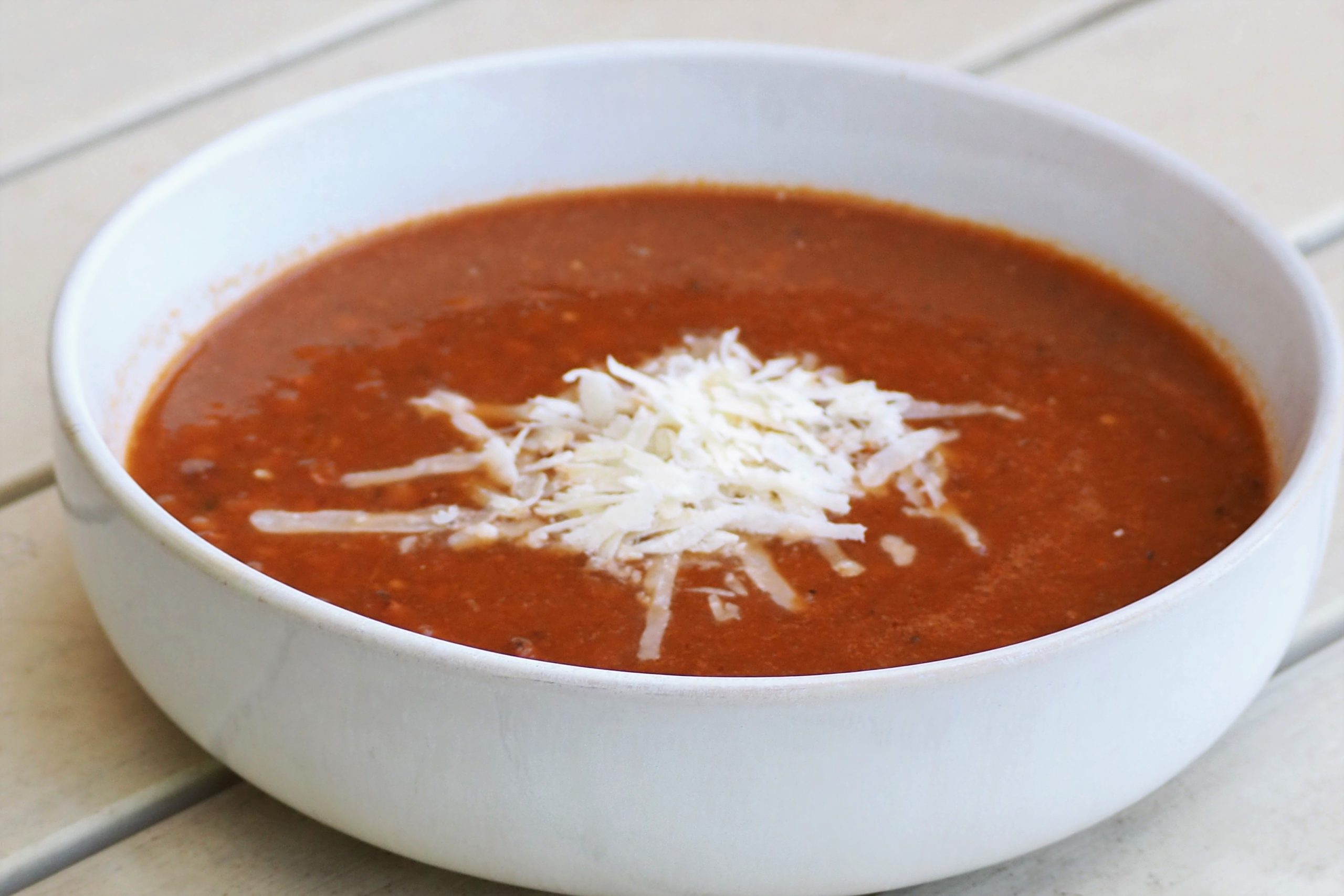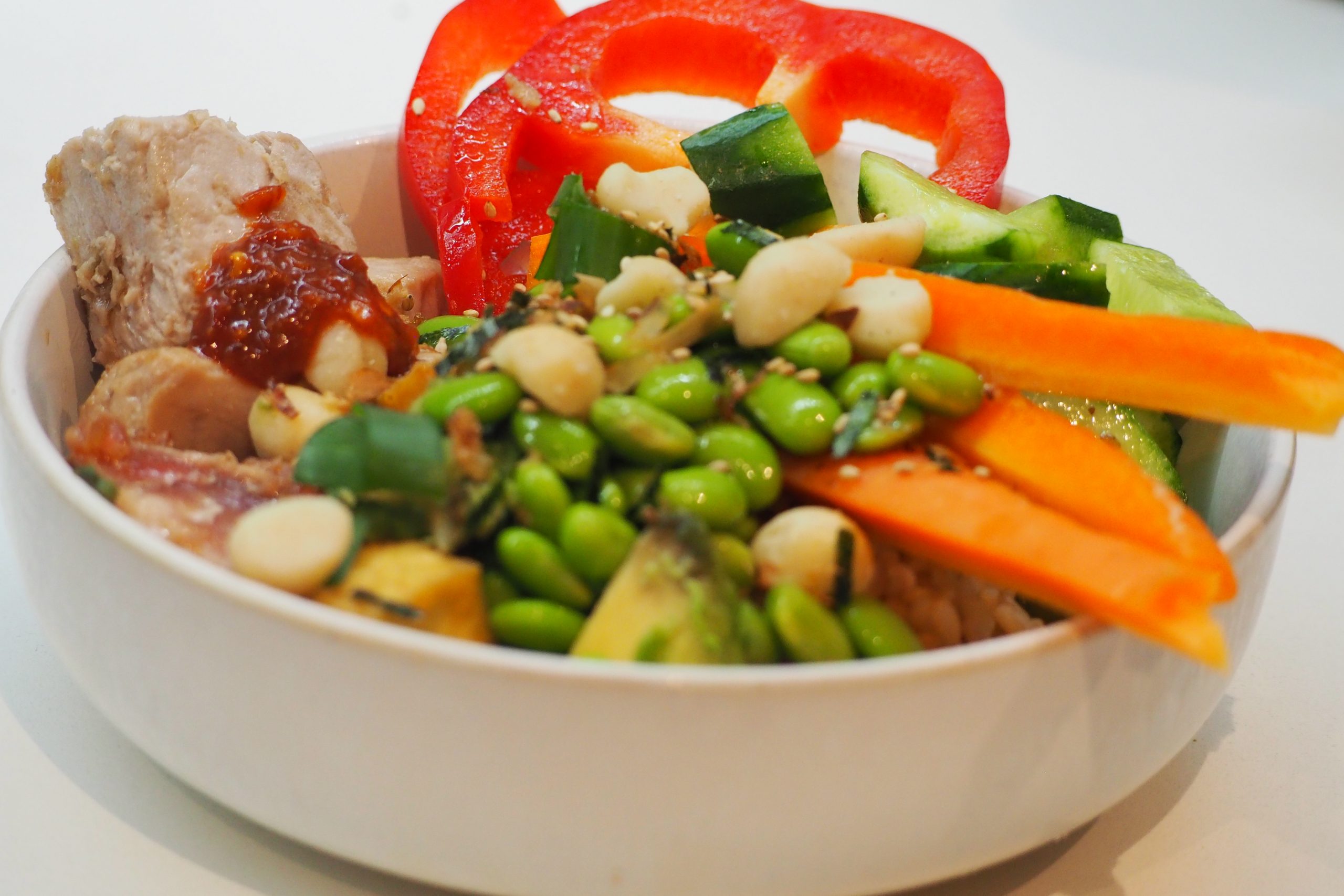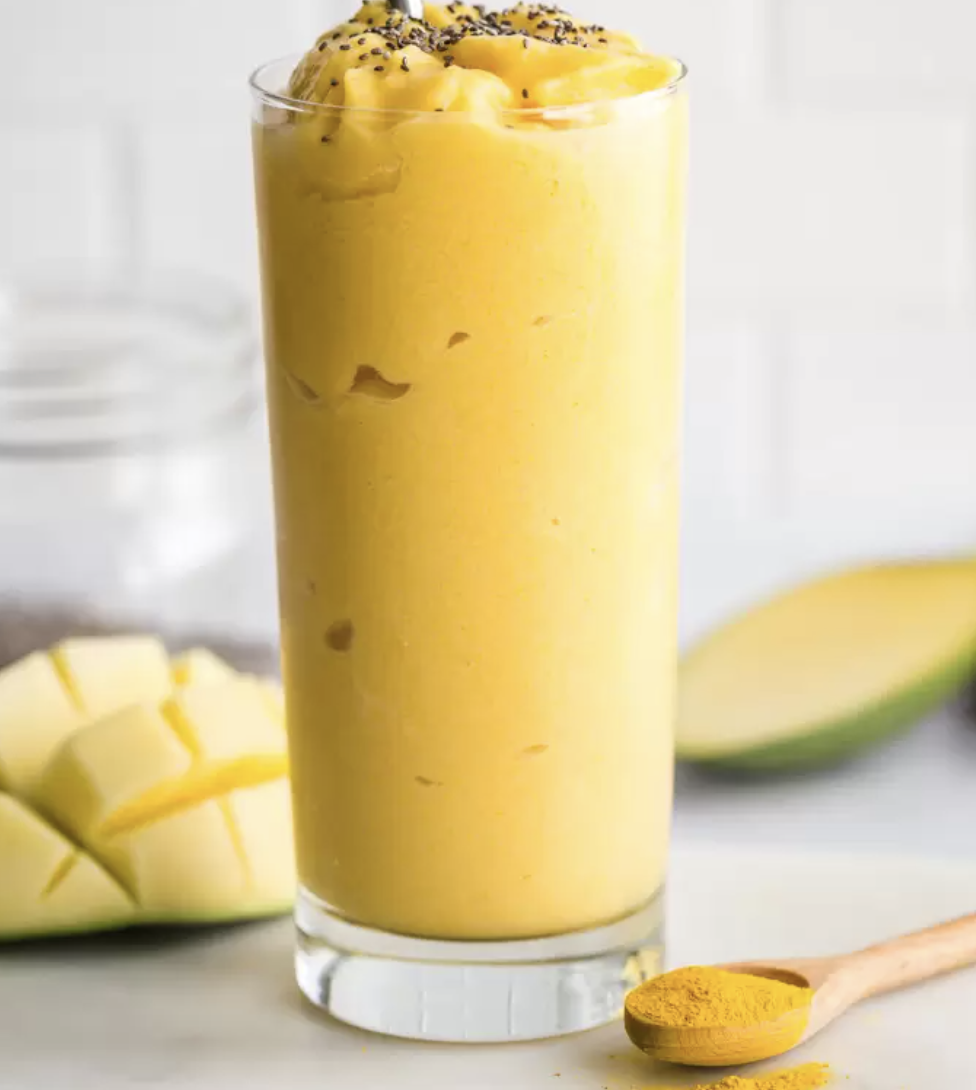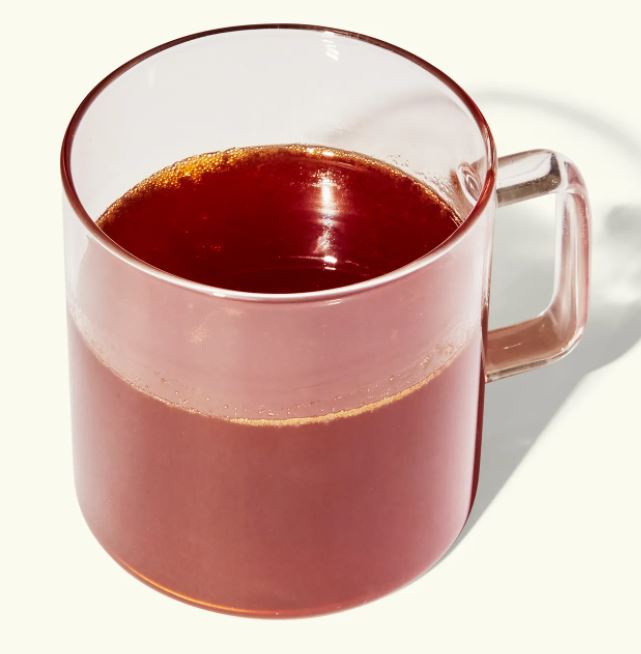Constipation is a common side effect of chemotherapy and radiotherapy. The cause is often related to pain control medications, along with the impact of certain treatment drugs. Diet can be used to help improve bowel function.
A good starting point is to look at fibre intakes. Fibre is a plant structure that passes into the large bowel where it is worked on by the millions of gut bacterias. When looking at your fibre intakes it is important to know there are two main types of fibre. The first is soluble fibre. Soluble fibre is a softer fibre that can absorb water. The main sources are fruits and vegetables. The second type of fibre is insoluble fibre. Insoluble fibre is a structurally tougher and doesn’t absorb water. Insoluble fibre tends to add more bulk to your stools which can help your bowels to stay regular.
Problems with constipation can often be resolved when you do your best to gradually increase fibre intakes, as well as to balance you soluble and insoluble fibre intakes. I often say these fibres are like a marriage and the best results for the bowel come when they are consumed together.
For example wholegrain cereal + fruit OR a wholegrain pita bread + lots of salad OR a jacket potato + a good bowl of steamed vegetables.
There are times where the problems of constipation cannot be rectified by diet and you will need to use the laxative medications prescribed by your doctor or clinic. These medications should be used as instructed as ongoing constipation can contribute to feelings of discomfort and may even contribute to a loss of appetite or some nausea.
Tips to help manage problems with constipation
If your doctor has suggested you work on your diet to help manage your constipation, the following should be considered.
- Work on the gradual build up of wholegrain rich cereal foods across the day. For example try starting the day with a wholegrain cereals such as Sultana Bran, All Bran, a natural muesli or other wholegrain cereals. Choose wholegrain breads, switch to wholemeal pasta, brown rice and whole wheat or rye crackers. Grain fibre is important to add bulk to stools, and this is what helps flush the system. However, if you have not been eating much fibre, you should increase your intake gradually, and only if you can tolerate it.
- Try adding two teaspoons of linseeds or flaxseed daily to your diet, and gradually increase to one to two tablespoons. A good way to do this is to put the flaxseed in yoghurt the night before to allow it to soften. Some people also enjoy it added to muesli and again you can prepare this the night before, adding milk so that it is easier to eat the next morning.
- Include at least two serves of fruit and five serves of vegetables a day. Include salad with lunch, much on vegetable crudités as a snack. Try a soup that includes pulses like lentils or beans.
- For example, a lentil and tomato soup is a lovely, spicy soup that’s full of goodness yet is surprisingly light to eat. Serve it with a slice of sourdough, rye or a granary bread to help inject a bit more of the insoluble type of fibre.
- Also ensure you drink enough water or other fluids. The best way to check this is to ensure that the colour of your urine is towards the pale straw end of the colour chart.
- Also include some daily exercise can help. A brisk walk in the park or swim will help.
If these suggestions aren’t effective, then discuss with your doctor a suitable bulking product or laxative. Individuals with who have had a bowel obstruction or who are at risk should discuss appropriate intake of fibre with their doctor or dietitian.
If you have wind or bloating, limit foods such as broccoli, onion, garlic, cabbage, pulses, apples, carbonated drinks, sugar-free gums and sweets, and excessive amounts of refined wheat products. Any wind should improve if your bowels move properly.




